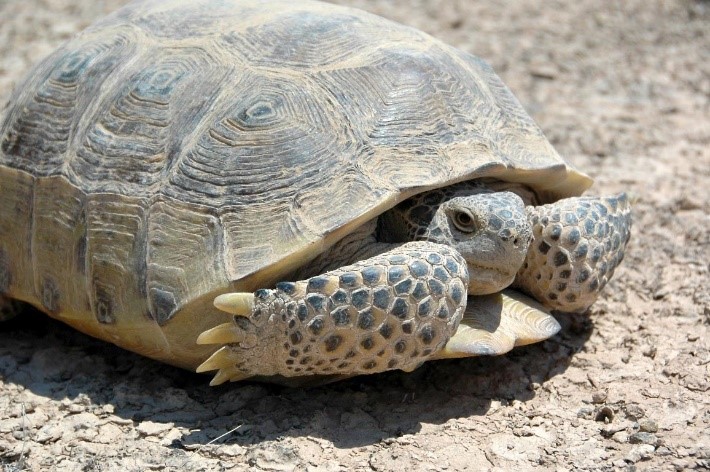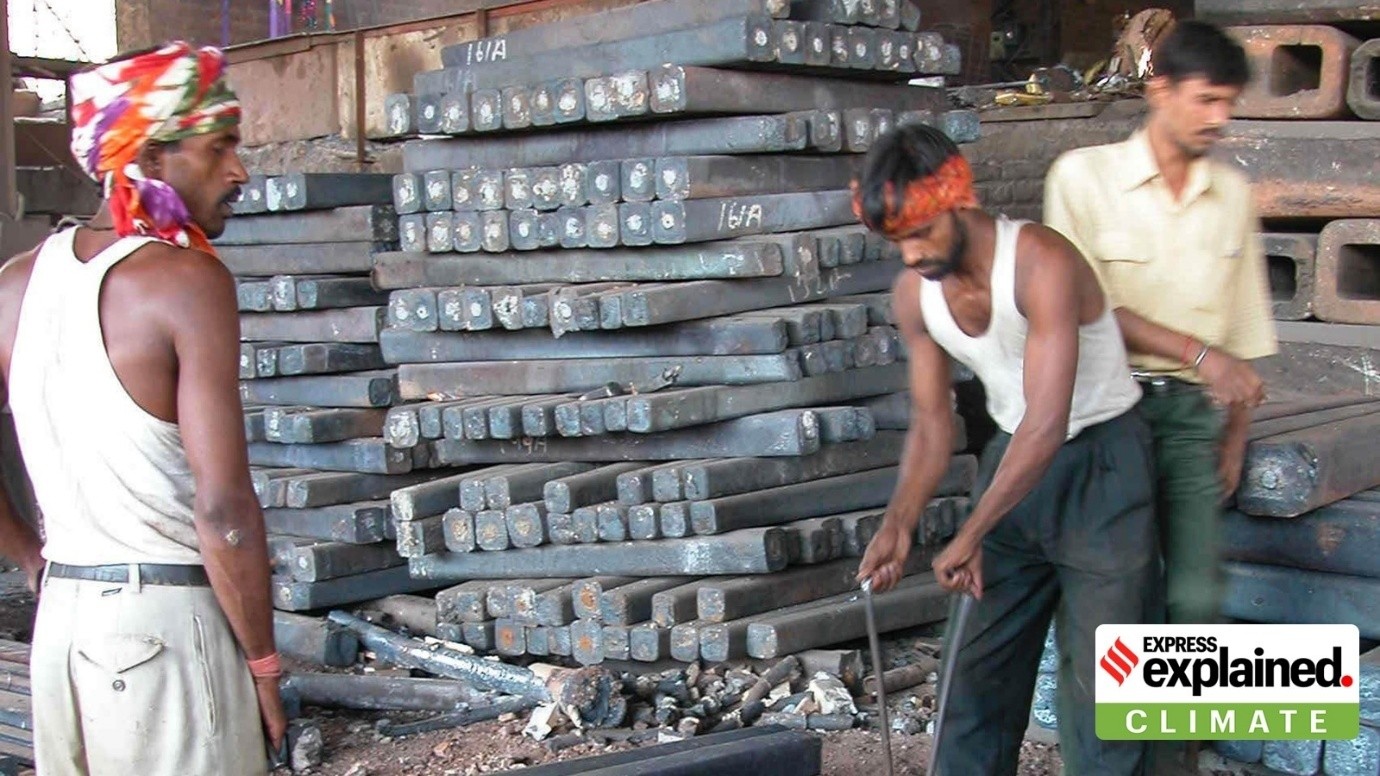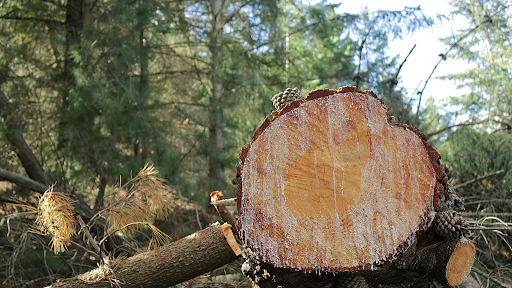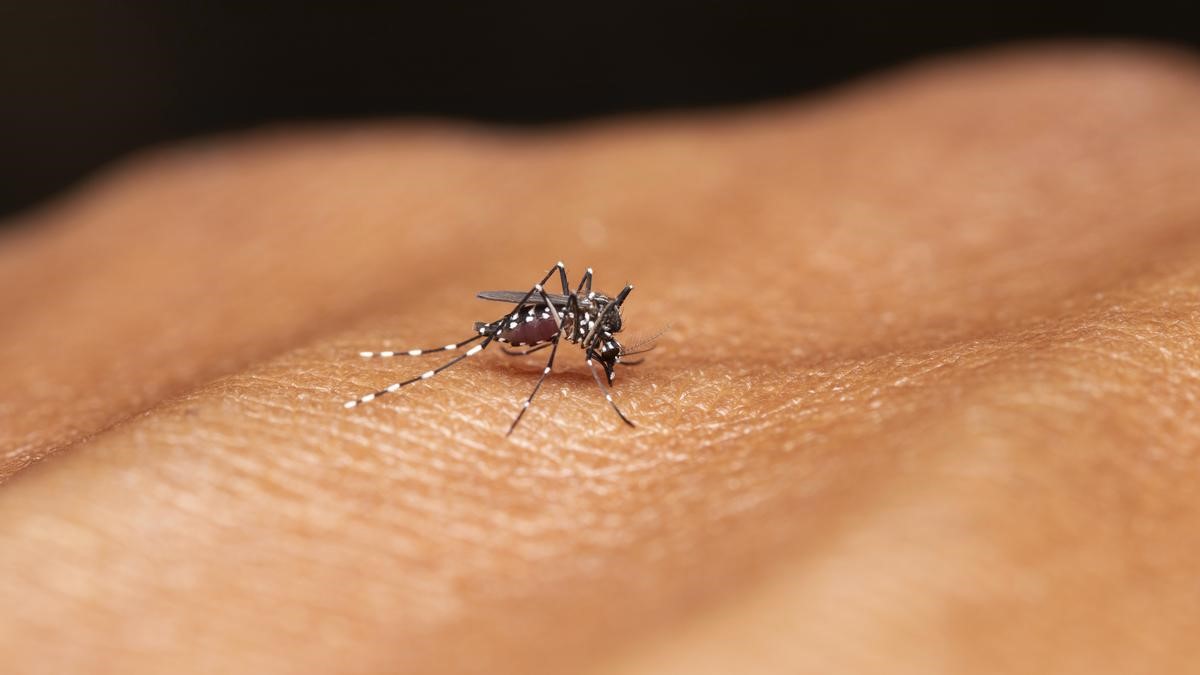





Disclaimer: Copyright infringement not intended.
Context
Bolson Tortoise
About
Geographic Range
Habitat
Lifespan/Longevity
Food Habits
Conservation Status
|
PRACTICE QUESTION Q. Consider the following statements with reference to Bolson Tortoise. 1.Of the six North American tortoise species, it is the largest, having a carapace length of about 46 cm. 2.Bolson tortoises, are primarily endemic to a portion of the Mapimi Basin in the Chihuahuan Desert of Mexico. 3.The IUCN Red List categorizes Bolson tortoises as "Vulnerable." 4.These tortoises are protected under CITES Appendix I. How many of the above are correct? A) Only 1 B) Only 2 C) Only 3 D) All Four Answer: D) All Four |







© 2026 iasgyan. All right reserved